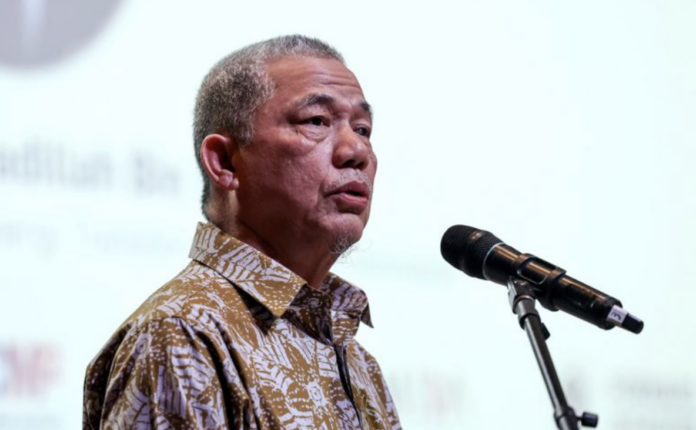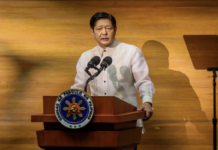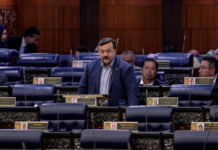KUALA LUMPUR, May 9 – The country has a moral duty to tackle its water challenges head-on or it will end up with a major water crisis in the future, says Deputy Prime Minister Datuk Seri Fadillah Yusof.
Speaking at the Future Leaders of Water Sustainability Symposium 2024 on Thursday, the Energy Transition and Water Transformation Minister said water transformation should be continuous to ensure water sustainability for future generations.
“A pressing challenge lies in ensuring a continuous and adequate water supply, especially in drought-stricken regions, where existing water resources face heightened pressure. This poses significant reliability challenges for domestic, agricultural, and industrial needs.
“Simultaneously, intense rainfall and flooding events pose risks to water infrastructure, disrupting supply chains and compromising water quality,” said Fadillah, who also pointed out that there is an urgent need for climate-resilient water management strategies and guarding against water pollution from industrial discharges and agricultural runoff.
“Water security transcends mere access to clean water; it embodies a commitment to social justice and ecological integrity. Similarly, Malaysia also faces significant challenges regarding drinking water quality and availability, highlighted by past water disruption incidents due to pollution.
“These challenges are not just statistics but represent individuals and communities directly impacted by water scarcity and pollution. Therefore it is imperative to recognise the voices of those affected and address their needs effectively.
“Behind these challenges lies stories of resilience and struggle, affecting farmers and rural communities disproportionately. Access to clean water isn’t just an issue of policy or economics; it is a moral imperative demanding our urgent attention and unwavering commitment,” said Fadillah, pointing out that the financial toll of water scarcity looms large.
At the same event, the United Nations Resident Coordinator in Malaysia, Brunei Darussalam and Singapore, Karima El Korri said water availability does not mean that the water is well managed.
“There are 1.1 billion people worldwide still lacking access to clean water and this is intimately linked to poverty, health and nutrition issues. Global data show that girls and women spend 200 million hours every day to collect water,” said Karima.
She pointed out that while water management can be expensive, blended partnerships between private and public sectors as well as businesses and consumers can come in to manage water in an effective manner for a win-win solution.
Karima also pointed out that water quality in Malaysia can differ from territory to territory and state to state, and this should be addressed for equitable access.
















